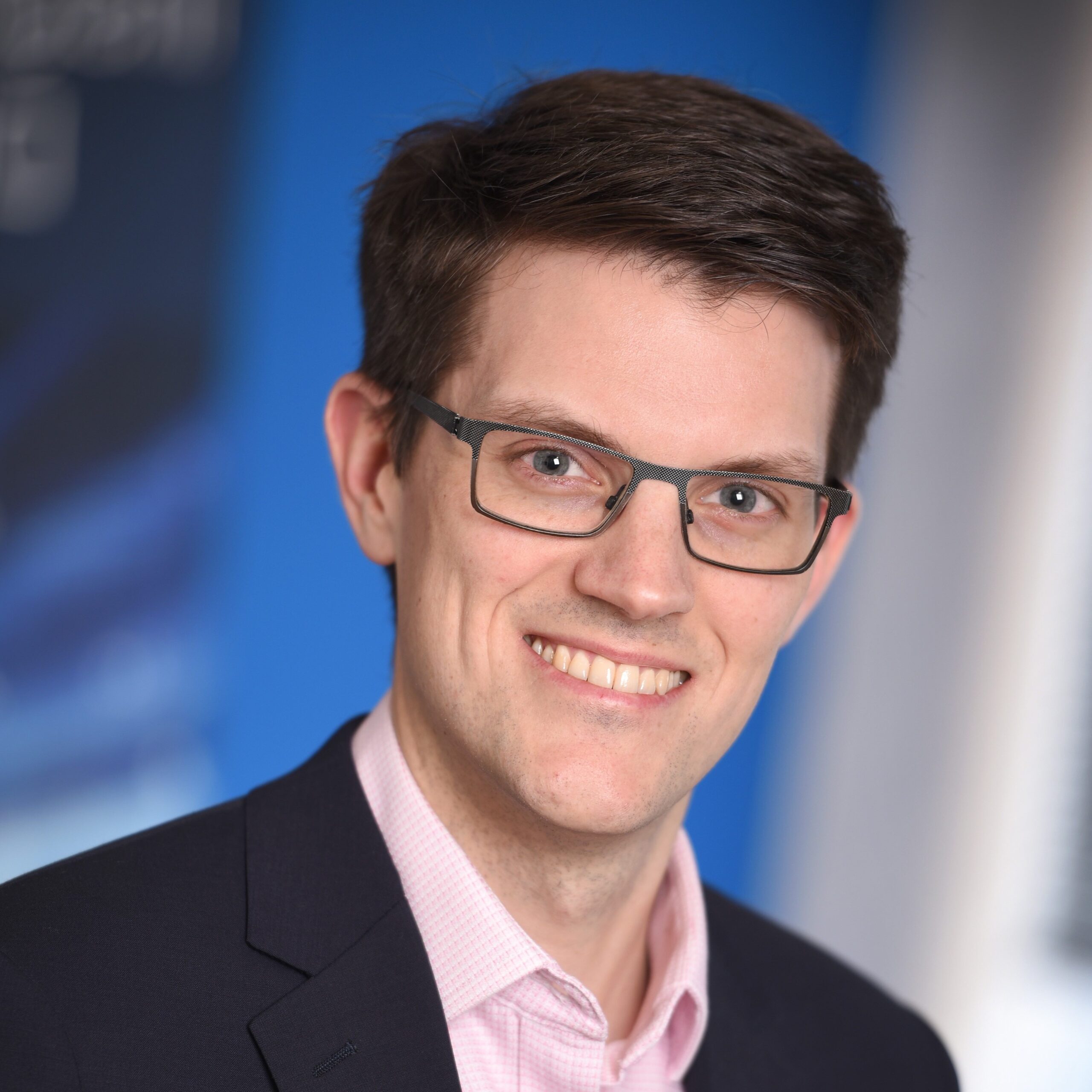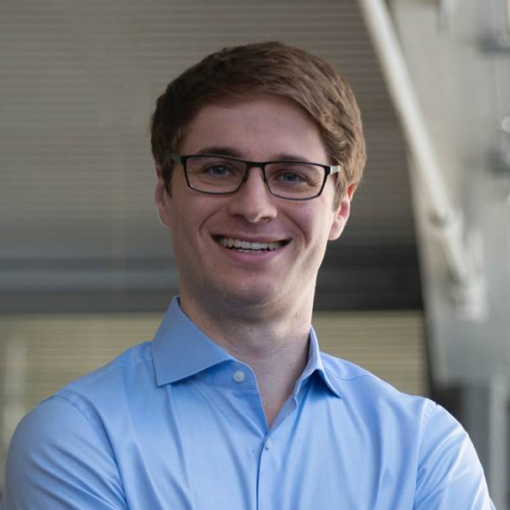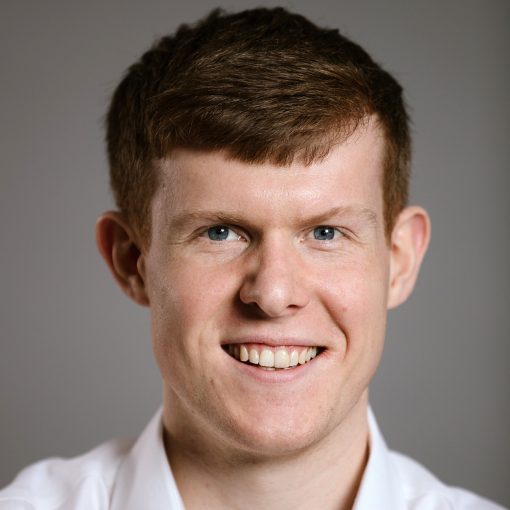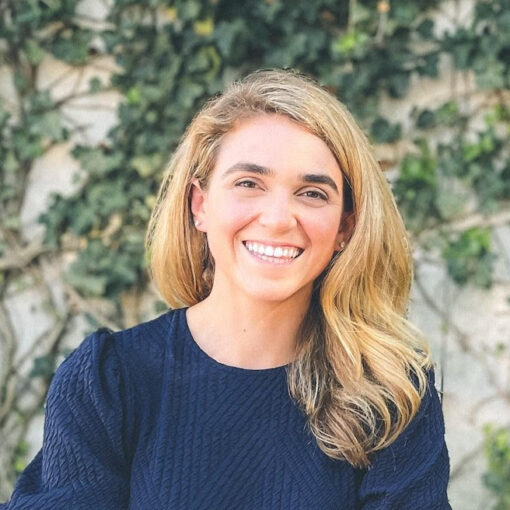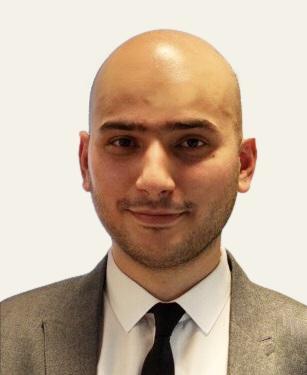PhD in Chemical Biology, Imperial College London (2015)
| Senior Associate Consultant | |
|---|---|
| Cambridge Healthcare Research | |
Year entered into a non-academic position: 2019
Job highlight: Seeing our analyses and insights reflected in the content of a presentation by a client’s (a multinational pharma company) CEO
My research training set me up to… look beyond the obvious when analysing multiple data sources.
Left academia after: 4 years and 9 months of post-doctoral work
What’s your background?
Before joining CHR, I studied for an MSc in Natural Sciences at the University of Cambridge and gained a PhD in Chemical Biology from Imperial College London. I then worked as a post-doctoral researcher at the University of Oxford and the University of Chicago before making the switch to consulting.
Why did you move away from academia?
I moved away from academia due to a desire to work in translational science and to engage with a greater breadth of scientific topics. I was also attracted by the opportunity to remain intellectually involved with scientific matter while moving away from the bench and by the increased opportunities for progression and better job stability.
Is there anything you miss about academia?
I occasionally miss the excitement of making a new discovery; however, in general I am glad I made the transition away from academia.
How did you get this job? Did you face any challenges when considering a move away from academia or applying for the role?
I applied for my position at CHR after finding the role advertised on the company’s website, but I was aware of the field from discussions with friends who had previously move from the lab into life science consulting.
The main challenge I faced when considering a move away from academia was a lack of a detailed understanding of the different possibilities within life science consulting, particularly the difference between “intelligence” and “strategy”.
What motivated you to/why did you choose the sector you transitioned into?
I was motivated to move into the life science consulting sector by a desire to put my scientific training to use, while also broadening my horizons by working across a range of therapeutic areas.
Did you think you had the skills required for your current position before you started? Were you right?
I felt that I had the transferable skills required for the position before I started. This was broadly true, although there were some specific skills I needed to acquire. Additionally, there are a lot of opportunities to progress and develop new skills, and the learning doesn’t stop!
How did your PhD prepare you for your current job? For example, what were the transferable skills that you developed during your PhD that are most relevant to your current job?
During my PhD I developed a range of transferable skills that helped to prepare me for my current role. These include writing and presentation skills, as well as quantitative and qualitative data analysis. I also gained time management and teamwork skills that have proved critical in my current job.
Did you have any preconceptions about your sector that proved to be wrong?
I was expecting a lot of time spent working away from the office at clients’ sites, as you’d find in management consulting. But I learnt quite quickly in the application process that this isn’t the case, and that travel is (was) mostly restricted to attending conferences.
Can you describe a typical week in your job?
There is no such thing as a typical week! Some weeks we will be preparing reports for the clients, others running workshops or attending international conferences (virtually now due to COVID). There are also opportunities to take part in business development proposals, and to get involved with internal projects such as the development of CHR’s training programs or our corporate responsibility efforts.
What is the workplace culture like? Please include comments on work-life balance, flexibility, remote working?
CHR has a great workplace culture – the people are friendly, very smart and passionate about what we do. The company has demonstrated great flexibility with remote working during the COVID-19 pandemic and this is likely to continue. CHR has also run several programs designed to address the difficulties of working from home, including sessions on mindfulness and posture.
Do people with a PhD frequently get hired in the company/sector?
A PhD is highly desirable in the life science consulting sector and the majority of associates at CHR have a PhD. However, CHR hires people from diverse backgrounds and applications are assessed on their merits, so a PhD or postgraduate degree is far from essential.
What are your favourite parts of your job?
I am passionate about training junior colleagues. The mentorship opportunities that have been presented are some of my favourite parts of the job, along with my involvement in the internal group that oversees the training and development program at CHR. I also enjoy interacting with clients and starting new projects, where you have to dive into a space and quickly familiarise yourself with it.
What are your reflections on your career path?
I enjoyed my PhD and postdoctoral positions and the skills I learnt set me up well for my current role; however, I am glad I made the transition away from academia as CHR has offered opportunities for progression and leadership roles that would not have been otherwise available. My main regret is not making the transition sooner!
Do you have any advice for current graduate students and postdocs considering a career outside of academia?
Speak to any contacts you might have in the field you are interested in, and attend any open days or careers events available, to get a feel for whether the job would be a good fit for you. Also, publications matter a lot less outside of academia than you might think, so if you are ready to make the transition, just go for it!
What do you know now that you wish you’d known when exploring a transition?
I wish I’d known more about the interplay between consulting and pharma and biotech, and the range of opportunities outside the lab available in all three fields.
Can you recommend any relevant resources, organisations or events that might help somebody new to the sector find out more about it?
I recommend attending institutional careers fairs and open days and networking events for companies in any field you might be interested in working in. The broader a range of fields you can gain an insight into, the better informed your decision and applications will be
- Cambridge Healthcare Research (CHR) is a consultancy providing strategic support to biopharmaceutical, medical device and NGO clients. CHR’s expert team of consultants delivers tailored solutions based on our analysis and experience of strategy consulting and product commercialisation
- Our mission is to enable clients to navigate difficult decisions by providing a deep understanding of their market positioning and outlining competitor activities, intent, and capabilities. Joining the CHR team will provide you with commercial exposure to strategic challenges faced by the leading players within the pharmaceutical industry
- We work with the world’s top pharma companies to make life-changing differences to patients. Working with C-level executives, senior brand managers or therapeutic area leads, CHR provides input to decisions made by these individuals affecting global brand or business worth millions and billions of sales. We are their strategic thought partner as our collaborations help shape their businesses’ trajectory. In addition to this, we help global NGO’s like unicef, WHO and Cancer Research UK
- With 24 languages spoken at CHR and 29 employees hired during the COVID-19 pandemic, we are proud of our constant growth as a business and continue to thrive.
Why working at Cambridge Healthcare Research?
- From day one, our consultants are placed on a structured onboarding plan that offers employees the highest quality training to ensure that they are able to develop at CHR
- With a clear promotion and development path, we provide our consultants with various support to ensure they reach their full potential
- Some of the benefits at CHR include:
- Private Health
- Life Assurance
- Pension
- Cycle to work scheme
- Gym Membership
- Beyond our client services, we are also involved in a range of charity projects, as we feel we have a corporate social responsibility commitment with the mission to empower individuals and society
- Monitor our Careers website for the latest vacancies and opportunities to work with us

